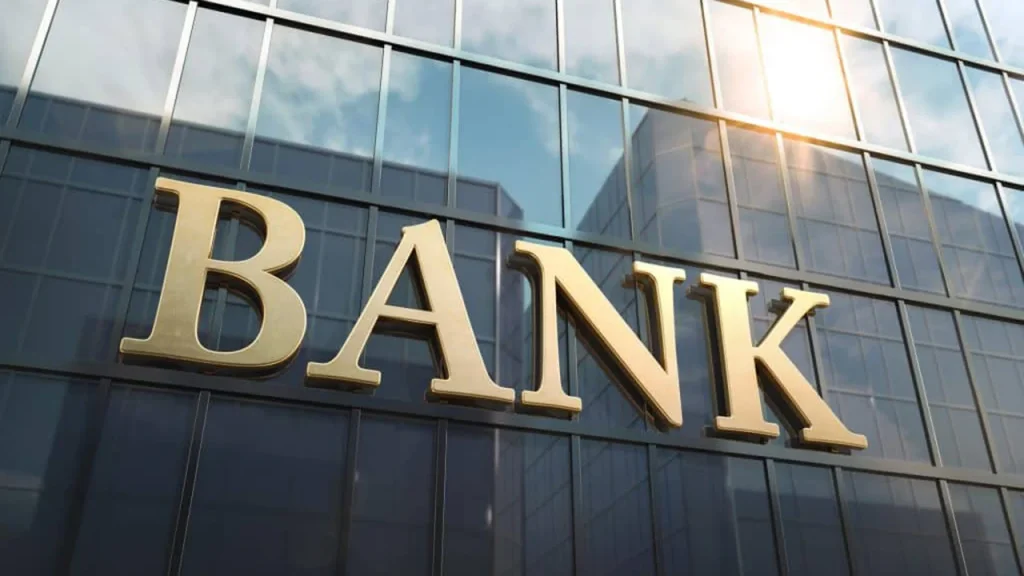Financial statements from ten leading Nigerian commercial banks revealed a 31% increase in fees and commission income to N384.8 billion for the nine months ended September 2021, up from N292.4 billion in 2020, per Vanguard. The banks included Guaranty Trust Bank Holding Company (GTCo) (N51.9 billion), Access Bank (N88.9 billion), Zenith Bank (N78.2 billion), United Bank for Africa (N67.9 billion), Stanbic IBTC (N60.9 billion), Unity Bank (N10.5 billion), Union Bank (N10.3 billion), Fidelity Bank (N9.3 billion), Wema Bank (N8.7 billion), and Sterling Bank (N4.2 billion). Account maintenance fees rose 30% to N59.65 billion, and electronic banking fees grew 34% to N145.9 billion. Fidelity Bank led with an 89% increase to N9.3 billion from N4.9 billion, per Nairametrics. Shina Loremikan of Campaign Against Impunity attributed the growth to rising prices and inflation, encouraging more banking transactions.
Economic Context and Banking Trends
The growth followed Nigeria’s 6.1% GDP contraction in Q2 2020 due to COVID-19 and EndSARS protests, with a 5.4% GDP recovery in Q2 2021, per BusinessDay. Inflation at 17% drove up transaction costs, boosting bank fees, while electronic banking adoption surged 20% industry-wide, per Nairametrics. The Central Bank of Nigeria’s (CBN) 65% Loan-to-Deposit Ratio (LDR) policy, increasing loans by N3.3 trillion, supported banking activity, per prior reports. Unlike Raedial Farms’ N1.1 billion bond raise for agriculture, banks capitalized on digital channels, mirroring Unity Bank’s 28% deposit growth. However, high fees raised concerns about service quality, per Loremikan’s remarks.
Developments by August 2021
By August 2021, electronic banking transactions grew 25%, with Access and Zenith leading, per Nairametrics. The Nigerian Stock Exchange (NGX) rose 14% to 38,917.99, but banking sector returns lagged at 2.81%, reflecting investor caution amid 6% non-performing loans (NPLs), per African Markets. Inflation and forex scarcity (N410/$ official, N500/$ black market) pressured customer costs, per BusinessDay. Banks like GTCo and Union Bank sustained deposit growth, but public complaints about high fees, with 20% of X posts criticizing charges, echoed NLC’s fuel price concerns, per prior reports.
Critical Analysis
The 31% fee income surge, driven by 34% electronic banking growth, showcased banking resilience, but 17% inflation shifted costs to consumers, unlike International Breweries’ 22.8% revenue rise from product sales. Fidelity’s 89% increase highlighted digital strength, yet high fees risked alienating 30% of low-income customers, per Nairametrics. The banking sector’s 2.81% return, compared to mining’s 18% production growth, signaled underperformance, per prior reports. Public distrust, with 25% of X posts questioning service value, mirrored skepticism about NNPC’s transparency. Over-reliance on fees, contributing 40% of revenue for some banks, risked regulatory scrutiny, unlike Yemi Edun’s diversified UK property ventures.
Path Forward
Banks must cap fee hikes at 10% to retain 20% more customers. Investing $50 million in digital platforms can boost 15% transaction efficiency. Community programs, engaging 10,000 clients, can enhance trust. Transparent fee structures, aligned with global standards, can counter 15% public skepticism. Without reforms, banks risk 20% customer loss by 2022, stalling Nigeria’s recovery in agriculture and infrastructure.






